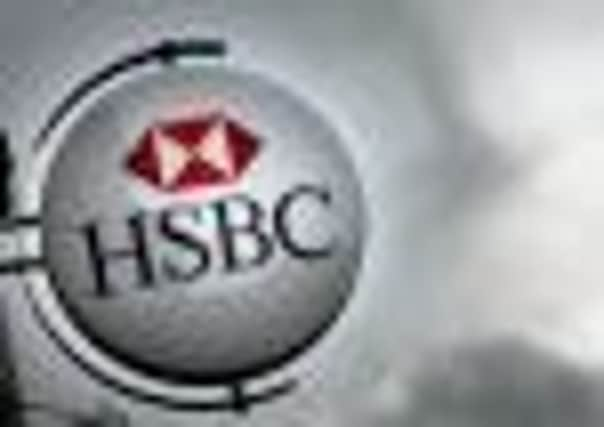HSBC ‘pays £1.2 billion to settle US fraud probe’


The bank will pay £777 million in forfeiture and £407m in civil penalties, an American law-enforcement official said.
The forfeiture is the largest forfeiture ever in a case involving a bank.
Advertisement
Hide AdAdvertisement
Hide AdThe fine comes as another London bank, Standard Chartered agreed to pay a further £203m to settle allegations that it breached US sanctions with Iran.
Under what is known as a deferred prosecution agreement, HSBC will be accused of violating the Bank Secrecy Act and the Trading With the Enemy Act.
The London-based bank says it is co-operating with investigations, but that those discussions are confidential.
The probe into the bank has focused on the transfer of billions of pounds on behalf of nations like Iran, which are under international sanctions, and the transfer of money through the US financial system from Mexican drug cartels.
The US source said an official announcement on the agreement could come today.
In regard to HSBC and Mexico, a US Senate investigative committee reported that in 2007 and 2008 HSBC Mexico sent to the US about £4.3bn in cash. The committee report said that amount of cash indicated illegal drug proceeds.
Meanwhile, scandal-hit Standard Chartered found itself facing further financial pain after it was accused by regulators in August this year of exposing the US to terrorists and drug kingpins by hiding £160bn of transactions with Tehran.
The bank has already paid £211m to New York’s Department of Financial Services to settle the claims.
Advertisement
Hide AdAdvertisement
Hide AdIn the latest settlements it will pay £62m to the US Federal Reserve and £141m to the US Justice Department and the New York District Attorney.
Standard was initially threatened with losing its licence to operate within New York state. In an explosive legal order, DFS superintendent Benjamin Lawsky said at the time: “In short, Standard Chartered Bank operated as a rogue institution.”
The bank, between January 2001 and 2010, moved 60,000 transactions through its New York branch that were subject to US economic sanctions, and then covered up the dealings, the financial watchdog claimed.
Institutions included the Central Bank of Iran, as well as Bank Saderat and Bank Melli, both of which are also Iranian state-owned.
The US suspects that the Gulf state was using its banks to finance “terrorist groups” such as Hezbollah, Hamas and the Palestinian Islamic Jihad.
Findings include a memo sent in October 2006 from the bank’s US chief executive to the group executive director in London, raising concerns about the activities with Iran.